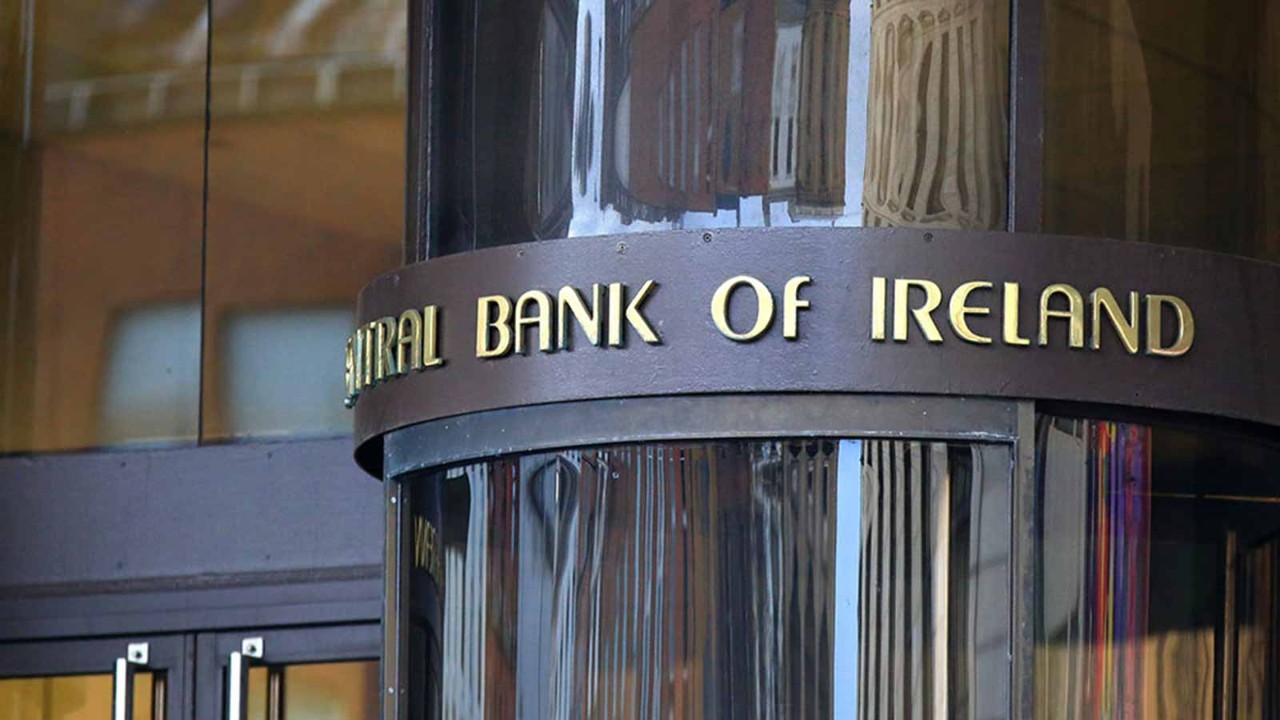
IAS 36, Impairment of Assets
The Irish Auditing and Accounting Supervisory Authority (IAASA) has published an Information Note, IAS 36 Impairment of Assets – information requests from IAASA. This lists the impairment review information requests that IAASA has made to issuers during previous financial statement examinations.
The note includes requests for information on whether impairment reviews were carried out when impairment indicators were experienced; details of the growth-rate assumptions used on specific cash-generating units (CGUs); and key assumptions used in respect of the calculation of fair value of a CGU.
The document includes the full list of queries that the IAASA issued to companies, serving as an aide-mémoire for a preparer undertaking a reasonableness assessment of their IAS 36 calculation and disclosures.
Audit of UK housing associations
The Financial Reporting Council has issued Practice Note 14 (Revised March 2021), The Audit of Housing Associations in the United Kingdom. The revisions include updating the key business risks affecting housing associations and links to additional guidance.
The IAASA has published its quality inspection reports on the Big Four firms along with BDO, Grant Thornton and Mazars
The guidance was written with input from Northern Ireland’s Housing Regulation Branch and other devolved housing agencies. The Department for Communities is the regulatory authority for registered housing associations in Northern Ireland. Additional NI-specific guidance can be found in the Housing Regulation advice notes.
Charity governance
Charities have started to receive requests from the Charity Regulator to complete a declaration on their compliance with the Charities Governance Code, which sets out the minimum standards that should be in place to effectively manage and control a charity.
If the charity is fully compliant, it should complete Declaration A; B is for charities that are partially compliant and C is for those that have not yet started implementing the code.
The regulator will be monitoring a number of charities against their declarations during 2021; it acknowledges that for ‘smaller charities that are run entirely by volunteers, achieving full compliance with the Code may be an incremental process’.
Resources and toolkits are available for charities to assist in implementing the code.
Audit quality
The IAASA has published its quality inspection reports on the Big Four firms along with BDO, Grant Thornton and Mazars.
One common thread was the dating of working papers, with the regulator finding a number of engagement letters dated prior to client acceptance checklists, as well as working papers dated in incorrect sequential order. The IAASA expressed unhappiness at the inability of one firm to identify ‘when and by whom engagement documentation was created, changed or reviewed’ or to have systems in place that ‘prevented unauthorised changes or additions to the documentation’.
- Mazars was given a clean bill of health for its system of quality control, with one audit file requiring ‘limited improvements’. Recommendations were listed as control of the audit of a component auditor and the inclusion of ‘an end to end walkthrough of the financial close process’.
- Grant Thornton had two quality-control issues around ethics and independence and client acceptance and continuance procedures, assessed as ‘an improvement is required’ but not as ‘significant’ issues. Only one audit file was reviewed, and this was graded as ‘an audit that requires improvements’. Weaknesses were engagement partner review, engagement quality control review, documentation of audit planning, documentation of the audit of subsequent events, and documentation of journal entry testing.
- A number of quality issues were identified at BDO, in its tax compliance services provided to audit clients, which were graded as demonstrating ‘a significant deficiency’. The IAASA also identified that improvements were required in respect of the dating of client engagement letters and the control of working papers. One audit file was reviewed and graded as requiring ‘significant improvements’. The recommendations included performing a root-cause analysis of the broadly ranging weaknesses.
- EY, PwC, KPMG and Deloitte all had an issue with late completion of various independence checklists, although none of these resulted in any threat to independence.
- At EY, five audits were inspected: three scored a top grade while two required limited improvements. The common theme across most firms of the testing of journal entries also arose here, as did some perceived weaknesses in the audit of revenue recognition.
- At KPMG, one audit had been signed by a person who was no longer designated as a responsible individual. Five audits were reviewed and all but one scored the top grade, with one requiring limited improvements in the area of the identification and communication of key audit matters.
- Five audits were reviewed at PwC. Three scored the top grade, with one audit requiring limited improvements and one that ‘requires improvements’. Control of component auditors was identified as a weakness in one file and the audit of revenue recognition also required improvement.
- At Deloitte, five audits were reviewed: three scored the top grade and two required limited improvements. Identification of key audit risks was poorly documented on one file and additional work on the audit of journal entries was recommended.
Tax avoidance
A dedicated tax avoidance area is now active on the Revenue website: see eBrief No. 053/21 for further details. The guidance goes through what is and is not tax avoidance, the consequence of engaging in it, the general anti-avoidance rule (GAAR), and the mandatory disclosure regime.
UK audit regulation
The UK Department for Business, Energy and Industrial Strategy has issued a white paper on restoring trust in the UK’s audit, corporate reporting and corporate governance system.
The proposals are wide ranging, and include a new profession of corporate auditing and additional responsibilities for directors.
Technology
The IAASB’s Technology Working Group has released support material to help auditors address the risk of over-reliance on technology, whether it arises from using automated tools and techniques or from information produced by an entity’s systems.
Credit unions
The Central Bank has published issue 14 of Credit Union News. The newsletter covers the application process for the 15% combined concentration limit for house and business lending; a review of the financial conditions of credit unions report; pre-approval control functions; anti-money laundering; and details of a CEO forum to facilitate business model development.
Central Bank and fintech
The Central Bank has updated its Innovation Hub with details of the types of queries received during the year. The hub was launched in April 2018 to facilitate open and active engagement with the fintech sectors and provides a direct and dedicated point of contact for all firms innovating in financial services, from start-ups to incumbents.




